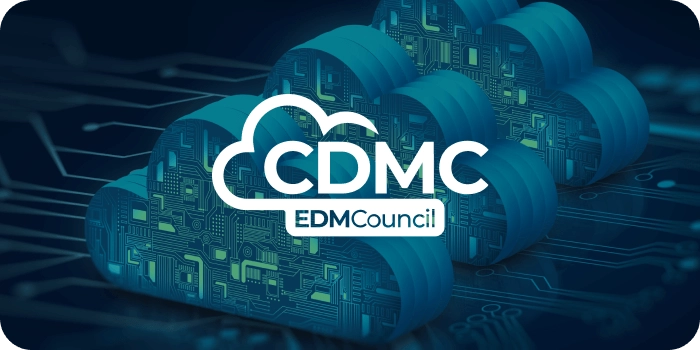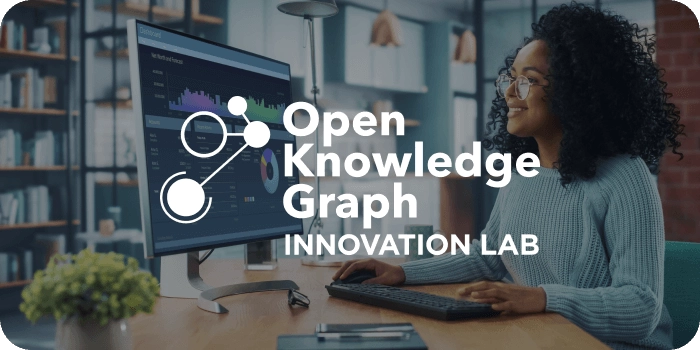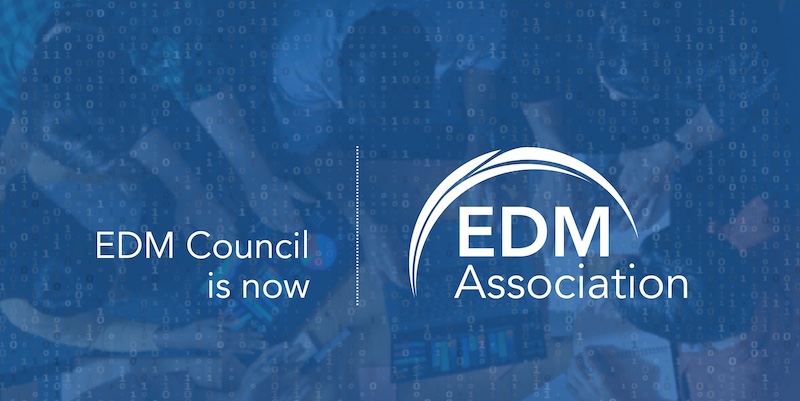Details
Evolving from “Data as an Asset” to “Data as a Product” is a revolutionary shift, transforming how data is designed, manufactured, and measured for success. In this webinar, our expert speakers will explore how data-driven enterprises are embracing this transition—empowering business knowledge workers with self-service capabilities and optimizing data design for seamless consumption. They will also share insights into the corporate journey toward Data Products and demonstrate how AI co-pilots can accelerate their creation.
Key Highlights:
- Learn about the anatomy of data as a product
- Learn how business users can be empowered to create Data Products through a scalable manufacturing process
- Learn about the concept of minimum viable governance to drive the right balance between agility and governance
- Learn about the role of artificial intelligence and generative AI algorithms in creating Data Products.
Speakers




Post-event summary
The webinar titled “Data Products: Emerging Uses and Generative AI for Deployment,” was hosted by EDM Council and Ab Initio explored the evolving role of data as a product, emphasizing metadata-driven automation, generative AI, and self-service capabilities for business users.
- Stephen Brobst, Chief Technology Officer, Ab Initio Software
- Alessandro Allini, Chief Data Officer, Crédit Agricole Italia
- Rob Parks, Senior Engineer, Ab Initio Software
- Moderator: John Bottega, President, EDM Council
Stephen started the discussion by underscoring the shift from treating data as a passive asset to an actively managed product, stating, “A successful product is a data product that’s consumed.” He highlighted the importance of aligning data ownership with business process domain owners, ensuring that value is measured by usability rather than data accumulation. He also stressed the role of metadata in enabling automation, discoverability, and governance, advocating for an enterprise-wide approach to interoperability and self-service.
Alessandro shared Crédit Agricole Italia’s five-year journey in transforming its data governance framework. He detailed the bank’s efforts to integrate metadata management into its software development lifecycle, enabling a seamless, governed process from raw data to business-ready products. By adopting a low-code, no-code approach and embedding metadata at every stage, the bank improved data quality, operational efficiency, and compliance with regulatory standards such as BCBS 239. He emphasized that this approach enables business users to autonomously create, share, and manage data products while maintaining governance through standardized workflows.
Rob demonstrated how Ab Initio’s data marketplace leverages a semantic layer and generative AI to simplify the creation of data products. He showcased a scenario where AI-assisted navigation of a business dictionary allowed users to efficiently locate, validate, and incorporate data elements without requiring deep technical expertise. This process, supported by predefined governance structures, ensures accuracy while maintaining agility. Rob also highlighted the importance of workflow approvals and role-based access controls in safeguarding data integrity.
The panelists emphasized the role of minimum viable governance—a balanced approach that ensures compliance and interoperability without stifling agility. They discussed how generative AI, when used with metadata context, accelerates the development of reliable data products while maintaining trust and regulatory alignment. The discussion concluded with reflections on the Chief Data Officer’s evolving role as an enabler of cross-functional collaboration, ensuring that both IT and business teams drive data-driven innovation.
The webinar reinforced the need for organizations to adopt a product-centric mindset toward data, leveraging metadata, AI, and self-service capabilities to drive value while maintaining governance. As industries continue to navigate regulatory complexities and technological advancements, embracing data as a product will be crucial in achieving scalable, trustworthy, and business-aligned data strategies.




